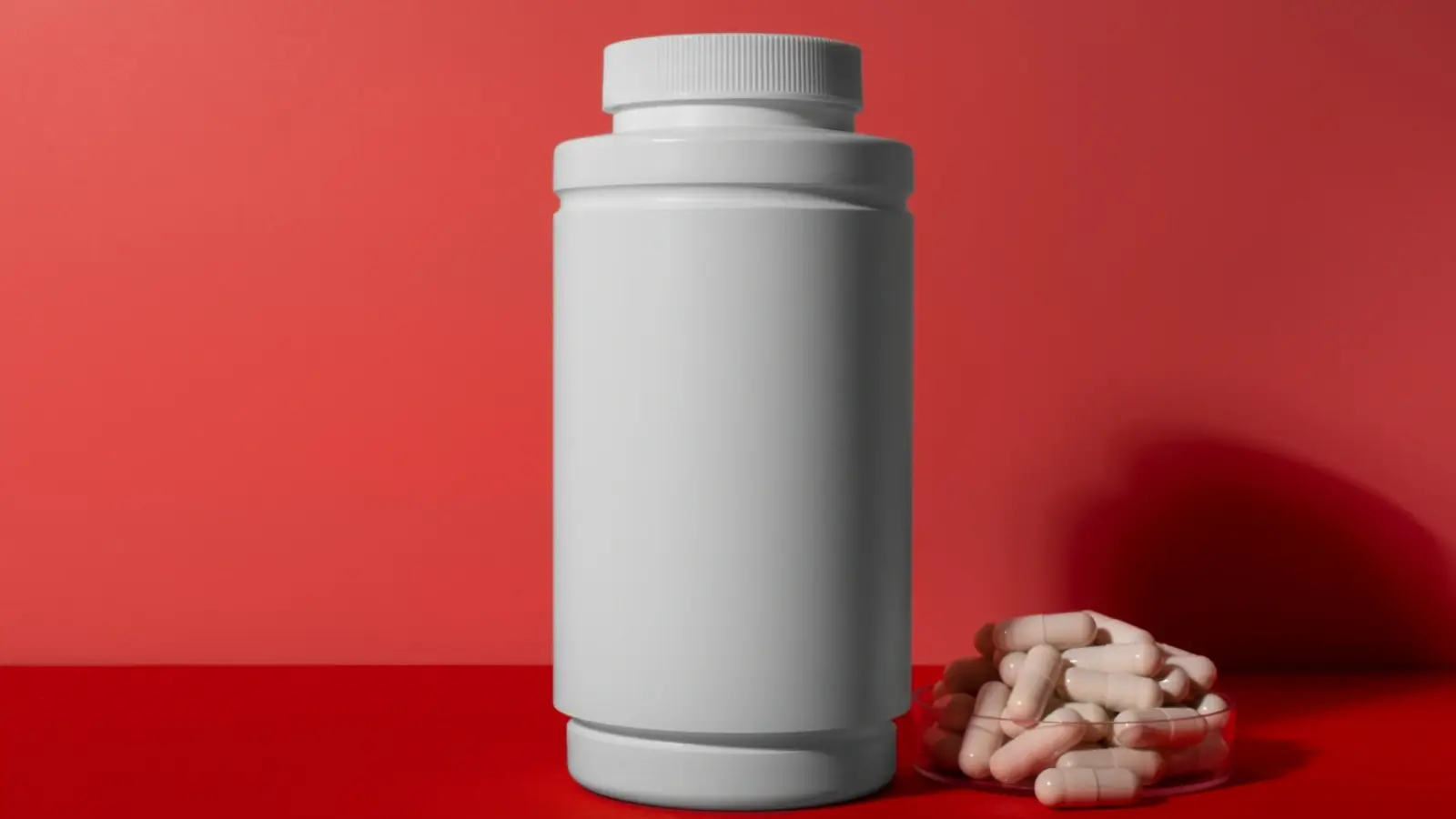


The global health supplement market is booming, projected to surpass $250 billion by 2025. Walk into any pharmacy, grocery store, or online marketplace, and you’ll see hundreds of supplement bottles competing for attention—turmeric capsules, collagen powders, magnesium gummies, and more.
But with growing consumer interest also comes heightened scrutiny. As wellness becomes both a lifestyle and a status symbol, buyers are inundated with influencer claims, TikTok health trends, and shiny product packaging. Amidst this noise, one question emerges: are consumers truly reading supplement labels, or are they making purchases based on branding and social buzz?
And more importantly for supplement brands—how do you design for both awareness and informed trust?
Today’s supplement buyers are more health-conscious than ever, but they’re also navigating an industry that’s notoriously underregulated. The U.S. Food and Drug Administration (FDA) does not approve dietary supplements before they hit the market, putting the onus on brands to self-regulate through accurate labeling, third-party testing, and transparent sourcing.
In response, a new consumer archetype has emerged: the “trust-led” shopper. These are individuals who may buy based on recommendations from health influencers or friends, but eventually dig into ingredient lists, dosage amounts, allergen warnings, and certifications. For this demographic, the label is no longer an afterthought—it’s a dealbreaker.
A 2024 survey by Nutrition Business Journal found that 68% of supplement users check ingredient panels before purchasing, and 42% actively look for third-party verification seals like USP or NSF.
Social media has transformed how supplements are marketed and discovered. A single video recommending berberine as “nature’s Ozempic” can send online sales skyrocketing overnight. Brands now find themselves in a reactive cycle, trying to capture viral attention without compromising on compliance.
But here’s the challenge: a product’s popularity on social platforms doesn’t always align with its scientific credibility—or legal labeling requirements.
This disconnect has led to growing concern among regulators and health professionals. Misleading health claims, misrepresented ingredients, and ambiguous serving sizes can easily misinform consumers and invite regulatory consequences.
In this climate, your product label isn’t just a legal formality—it’s a consumer education tool, a liability shield, and a core component of brand ethics.
Increased consumer awareness is being matched by tightening regulatory expectations. While the FDA’s role remains limited, the Federal Trade Commission (FTC) has ramped up enforcement against unsubstantiated health claims and deceptive labeling.
In 2023, several high-profile supplement brands received warning letters for statements that suggested their products could prevent or cure diseases—a violation of the Dietary Supplement Health and Education Act (DSHEA).
Additionally, emerging state-level regulations and proposed reforms to the FDA’s authority could mean stricter labeling rules on the horizon. For supplement companies, this means it’s no longer enough to stay compliant—it’s imperative to stay ahead.
To meet the demands of today’s consumers and regulators, a modern supplement label should:
No proprietary blends without dosage transparency. Consumers want to know exactly what they’re taking—and how much.
Words like “detox,” “immune-boosting,” or “anti-aging” are regulatory red flags unless supported by peer-reviewed evidence.
Third-party verification seals build trust instantly. If your product is non-GMO, gluten-free, or USDA organic, this should be displayed visibly—but only if it’s officially certified.
Small fonts, crowded layouts, and poor contrast make labels hard to read and undermine trust. Modern label design should prioritize readability and accessibility.
Forward-thinking brands are now adding QR codes that link to sourcing details, lab test results, or educational videos. This creates transparency and a better customer experience.
Great design sells—but ethical design sustains. As brands compete on the shelves and screens, they must marry visual appeal with clear information. Vibrant color schemes, minimalist branding, and playful names help attract attention, but they must not overshadow or distort the facts.
The FDA has recently emphasized that supplement labels should not include fonts or layouts that obscure legally required information. Even the placement of disclaimers, suggested use instructions, or allergy warnings must meet specific standards.
To balance creativity with compliance, many brands are turning to professional design and packaging services that specialize in supplement label printing. These services ensure not only aesthetic consistency but also regulatory adherence—so your product looks great and passes inspection.
Investing in transparent, well-designed labeling isn’t just about avoiding regulatory trouble. It’s about building brand equity. Today’s supplement buyer is looking for more than just a quick fix—they want authenticity, traceability, and science-backed guidance.
Brands that demonstrate integrity through their packaging earn repeat business and generate long-term loyalty. In fact, 56% of supplement consumers say that seeing clean, clear labeling directly increases their trust in a product, according to a recent CRN (Council for Responsible Nutrition) report.
In a crowded and competitive supplement market, the label is your loudest, most honest voice. Whether you're chasing viral sales, entering retail distribution, or targeting educated health-conscious buyers, the same truth applies: your label must speak clearly, comply fully, and convey trust instantly.
Because the modern consumer isn’t just shopping for a supplement—they’re scanning for truth.
And your label is where that conversation begins.